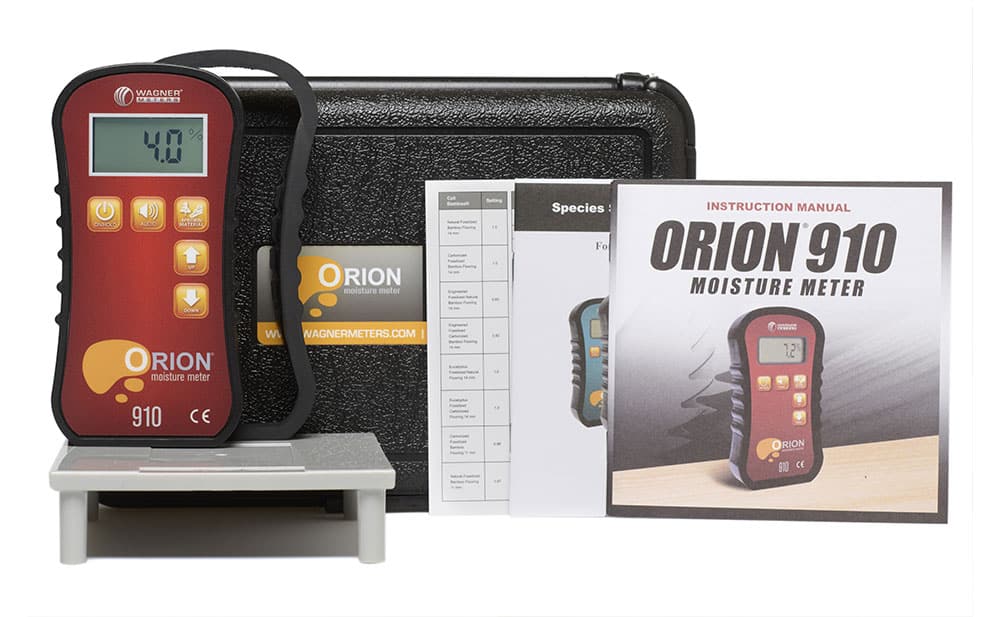Why Every Home Owner Requirements a Moisture Meter: Key Benefits and Features
Why Every Home Owner Requirements a Moisture Meter: Key Benefits and Features
Blog Article
The Ultimate Overview to Dampness Meters: A Comprehensive Summary and Exactly How They Can Conserve You Money
Dampness meters offer as vital devices in spotting and keeping track of moisture material in materials, aiding in protecting against pricey problems and ensuring the top quality of products. Understanding the subtleties of various types of wetness meters, their applications, and the possible cost-saving advantages they supply can be a game-changer for companies and specialists alike.
Kinds of Wetness Meters
Numerous sorts of moisture meters are readily available for different applications in numerous sectors. One common type is the pin-type dampness meter, which measures the electrical resistance between 2 pins put right into a product. This kind appropriates for wood, drywall, and other structure materials. Pinless moisture meters, on the other hand, usage electro-magnetic sensor plates to scan a larger area without creating damages to the product's surface area. Moisture Meter. These meters are excellent for promptly evaluating dampness levels in huge areas such as walls and floorings.

Furthermore, there are additionally specialty wetness meters designed for certain products like soil, grain, or hay. These meters offer exact dampness readings customized to the one-of-a-kind residential properties of the material being tested. Infrared moisture meters determine the thermal residential or commercial properties of a material to identify its dampness material non-invasively, making them helpful for applications where pin or pinless meters might not be suitable. Comprehending the different kinds of dampness meters offered can aid sectors select one of the most suitable device for their certain dampness dimension demands.

Benefits of Using Dampness Meters
Dampness meters provide invaluable advantages in properly checking and evaluating wetness levels in varied materials and environments. One of the main benefits of making use of wetness meters is the avoidance of potential damages caused by excess moisture.
Moreover, utilizing moisture meters can lead to raised energy effectiveness. In farming setups, moisture meters play a crucial duty in maximizing plant yields by enabling farmers to keep an eye on soil wetness degrees and make educated watering decisions.
Just How to Pick the Right Dampness Meter
When choosing a moisture meter, it's crucial to make sure that the meter is suitable for the details material you will be screening. Different products have differing electrical residential or commercial properties that can influence wetness analyses, so choosing a meter developed for your material is vital for exact outcomes. By very carefully evaluating these variables, you can select a wetness meter that fulfills your requirements and gives precise wetness measurements for your tasks.
Proper Techniques for Dampness Meter Use

Expense Savings With Moisture Meter Applications
Exactly how can the calculated application of dampness meters cause considerable price financial savings across various industries? Dampness meters play an important role in expense savings by protecting against possible damage and making sure top quality control in various sectors. In the agriculture sector, wetness meters aid in establishing the optimal time for collecting plants, stopping excess or over-drying dampness that can impact the final item's quality. This precise tracking assists farmers stay clear of unnecessary losses and optimize their return.
Similarly, in construction, moisture meters assist stop pricey problems by identifying wetness degrees in structure products, such as wood or concrete, which can lead to architectural problems if not dealt with immediately. By determining problem locations early on, service providers can take rehabilitative procedures to prevent extensive repair services or replacements, eventually conserving time and money.
In addition, in the food processing sector, wetness meters are vital for monitoring product high quality and guaranteeing compliance with safety and security look at here now laws. By accurately determining moisture web content in food, producers can avoid putridity, preserve quality, and minimize waste, leading to considerable cost savings. On the whole, the calculated application of dampness meters is a valuable investment that can bring about significant cost reductions and boosted effectiveness throughout various industries.
Conclusion
In conclusion, dampness meters are beneficial devices for measuring and finding wetness degrees in numerous products. By utilizing the appropriate dampness meter and adhering to appropriate techniques, customers can successfully avoid pricey problems caused by excess wetness.
Dampness meters serve as important devices in identifying and checking moisture content in materials, helping in stopping expensive damages and making sure the top quality of items. Infrared dampness meters measure the thermal residential properties of a material to identify its wetness web content non-invasively, making them beneficial for applications where pin or pinless meters may not be ideal.Moisture meters offer very useful benefits in accurately evaluating and monitoring moisture degrees in diverse products and atmospheres. In agricultural setups, wetness meters play a crucial role in maximizing crop returns by enabling farmers to keep an eye on soil moisture degrees and make notified irrigation choices.In verdict, dampness meters are valuable tools for identifying and measuring dampness levels in various products.
Report this page